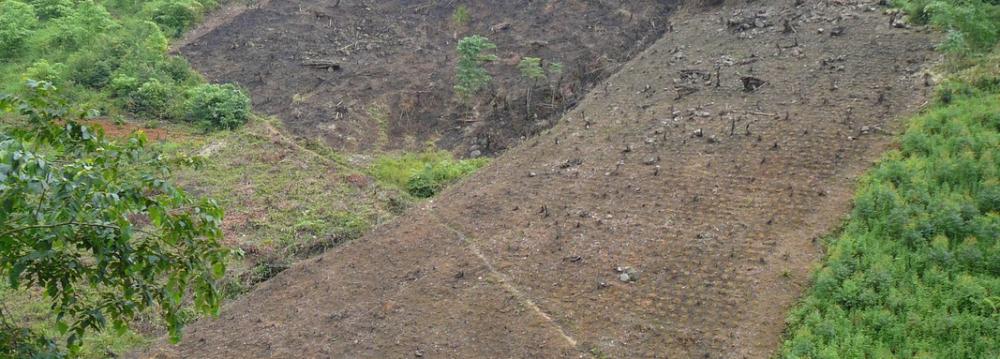Apple is partnering with World Wildlife Fund (WWF) in China to protect and create sustainable forests that produce paper for its product packaging. The company wants to reach a neutral impact on the world’s paper supply, and together with WWF plans to protect up to one million acres of forest, as reported by The Verge.
In a press release, WWF China CEO Lo Sze Ping said, “This collaboration between our two organizations will seek to reduce China’s ecological footprint by helping produce more wood from responsibly managed forests within its own borders.” Lo noted that China is the world’s biggest importer of timber, and he called the increase of timber production in China “essential”. “Forests, like energy, can be renewable resources,” said Lisa Jackson, Apple’s VP of environmental initiatives and former head of the EPA.
Outlining several environmental initiatives for China, the company announced a multi-year project with the WWF to increase responsibly managed forests. The program will cover up to 1 million acres (404 685 hectares) of forest that provides materials for paper and wood products - including Apple’s own packaging materials. According to the press release, it wants to achieve a “net-zero impact on the world’s supply of sustainable virgin fiber”.
Apple also said it plans to bring further renewable energy projects to China, though the company didn’t get specific. “We’re ready to start leading the way toward reducing carbon emissions from manufacturing,” says CEO Tim Cook. “This won’t happen overnight — in fact it will take years — but it’s important work that has to happen, and Apple is in a unique position to take the initiative toward this ambitious goal.”
Apple’s ultimate plan is to run its global operations entirely with renewable power. Three weeks ago it launched two 20-megawatt solar farms in Sichuan Province, which the company says will generate more energy than is taken up by all of its stores and offices in China.
Apple and in particular its CEO are outspoken on environmental issues; last month the company released its annual environmental impact report and said it wanted to “stop” climate change. China is now Apple’s second-biggest market behind the US, so it is not surprising to see a new focus on the region’s green issues. China’s dramatic industrial growth has often brought criticism of its labor practices and impact on the environment — while Apple and other tech companies have been the subject of speculation surrounding alleged complicity in the former, it makes sense for Cupertino to do what it can to mitigate the latter.


